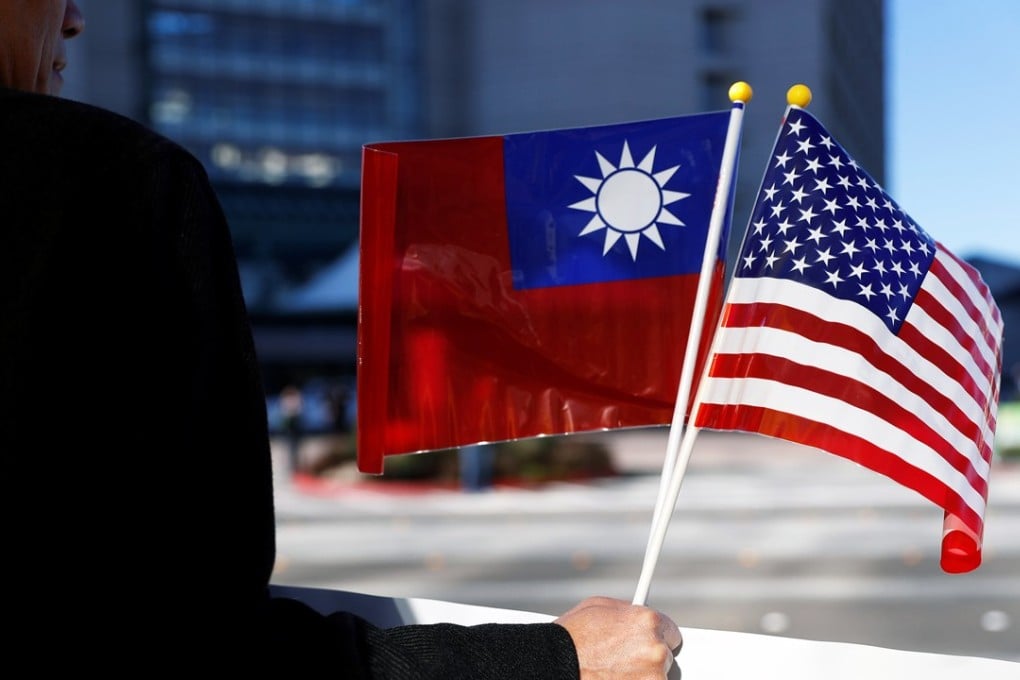Advertisement
Opinion | The US position on Taiwan will not waver, regardless of the results of the midterm elections
- Zoe Leung and Michael Depp say given that Republicans and Democrats agree on an anti-China stance, support for Taiwan will continue
- There is bipartisan consensus that Taiwan increasingly serves as an important strategic asset to the US as it takes on China in Asia
Reading Time:4 minutes
Why you can trust SCMP

In many ways, the 2018 American midterm elections represented a massive change in Washington; Democrats gained control of the House of Representatives by a wide margin, while the Republicans slightly increased their control over the Senate. But there is one area in which this change will not be felt: US policy towards Taiwan.
Advertisement
Congress has traditionally been supportive of Taiwan, and this bipartisan position will continue even with a flip in the House. More importantly, hardening resistance to Beijing and strengthening cooperation with Taiwan will be mutually reinforcing, not only within this administration and legislature but even beyond Donald Trump’s presidency.
The US Congress is at once the holder of considerable power and impotent in foreign affairs. Its power primarily derives from its constitutional control of the budget, the ability to declare war and critical oversight over federal agencies through authorisations and investigations. Its impotence stems from its consistent abdication of these foreign policy capabilities to the president, as Congress has ceded most decision-making power to the executive branch – the most recent example being its lack of desire to act on trade negotiations, such as tariffs.
Despite this seeming irrelevance, on the issues of cross-strait relations, Congress has always been eager to help Taiwan since the passage of the Taiwan Relations Act in 1979. With this traditional position in sync with a White House that is openly supportive of Taiwan, arms sales packages and other legislation to reassure US strategic commitment to Taiwan have faced little resistance in Trump’s presidency.
In recent years, Congress has intervened in Taiwan policy with several bills. Chief among these is the National Defence Authorisation Act, which reinforces the prevalent view in Washington that China is a strategic competitor to the United States. Critically, this US$717 billion defence spending bill contains provisions that include helping Taiwan strengthen its defence and security capabilities vis-à-vis China, continuing to bar Beijing from participating in the Rim of the Pacific Exercise, a biennial maritime warfare exercise hosted by the US, unless it ceases reclamation and weaponisation in the South China Sea, and banning the US government from using equipment from Huawei or ZTE.

Advertisement

